What Makes a Quality Home Inspector? Key Traits & What They Look For
When purchasing a home, a thorough inspection is one of the most critical steps in the process. A home inspector provides insight into a property’s condition, helping buyers make informed decisions. But in California, where home inspectors don’t require a state license, how do you ensure you’re hiring a qualified professional?
What Defines a Quality Home Inspector?
Since California doesn’t have a licensing requirement, it’s essential to look for an inspector with the right experience, certifications, and attention to detail. A high-quality home inspector should have:
Industry Certifications – Look for inspectors affiliated with reputable organizations like the California Real Estate Inspection Association (CREIA) or the American Society of Home Inspectors (ASHI). These associations have strict training and ethical guidelines.
Construction & Building Knowledge – A strong background in construction, engineering, or a related field helps inspectors identify structural and mechanical issues.
Thoroughness & Attention to Detail – A great inspector doesn’t rush through the process. They take time to inspect every system carefully, providing a detailed report with clear explanations.
Excellent Communication Skills – A home inspection isn’t just about finding problems—it’s about helping clients understand their significance. A quality inspector can break down complex issues into simple terms, helping buyers feel confident in their decisions.
Strong Reputation & Reviews – Past client experiences are a great indicator of an inspector’s reliability. Checking online reviews and testimonials can help gauge their professionalism and thoroughness.
What Does a Home Inspector Look For?
A home inspector conducts a non-invasive examination of the home’s major components, including:
Roof & Exterior – Checking for damaged shingles, leaks, drainage issues, siding damage, and foundation cracks.
Structural Integrity – Identifying signs of foundation movement, framing defects, or structural weaknesses.
Plumbing System – Testing water pressure, checking for leaks, inspecting water heaters, and ensuring proper drainage.
Electrical System – Evaluating wiring, outlets, breaker panels, and safety hazards like exposed wires.
HVAC System – Assessing heating, ventilation, and air conditioning units for functionality, efficiency, and maintenance needs.
Mold, Pest, & Moisture Issues – Identifying signs of mold, termite damage, or moisture buildup that could lead to future problems.
Why Choosing the Right Home Inspector Matters
A home is one of the biggest investments you'll make. Choosing a knowledgeable and detail-oriented inspector can save you from unexpected repairs down the road. At Elevate Inspections, we pride ourselves on “going above and beyond, exceeding your expectations.” We don’t just check the basics—we help you truly understand the condition of your future home.


